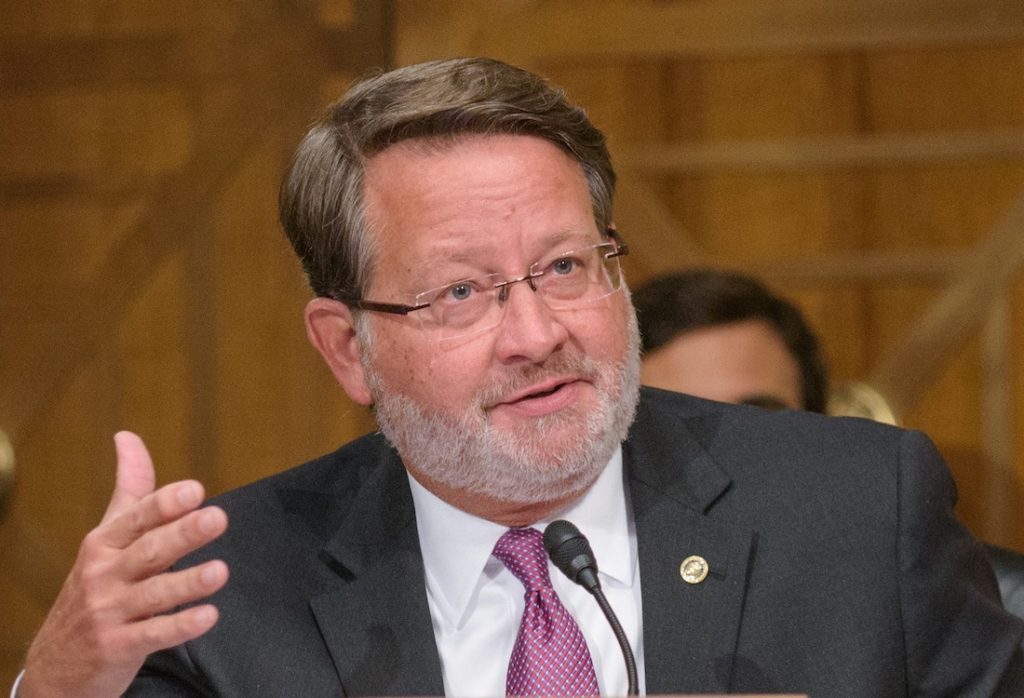Legislation critical to the domestic auto industry is moving toward final passage this week after the U.S. Senate voted to end the filibuster blocking a vote on the Chips Act, which is aimed at increasing production of semiconductors in the United States.

The Senate approve cloture, cutting off the filibuster on a 64 to 32 vote on the Creating Helpful Incentives to Produce Semiconductors for America Act. Supporters of the bill said an extensive lobbying blitz by businesses helped overcome the resistance of Senate Minority Leader Mitch McConnell.
The Chips Act includes $54.5 billion worth of federal grants for semiconductor manufacturing and research as leaders look to ease a chip shortage and prevent future shortages for both commercial and national defense use, said Senator Gary Peters (D-Michigan) during an appearance at the United Auto Workers convention in Detroit. Peters is one of the principal supporters of the legislation.
The Senate bill is described as a scaled-down version of another bill previously passed by the House, which also is expected to approve the bill this week before the August recess.

House Speaker Nancy Pelosi visited Detroit last week to promote the bill, which Peters said will also help fight inflation by strengthening supply chains weakened by the pandemic and fallout from the pandemic.
Money set aside for auto chips
The bill provides $39 billion to fund, build, expand or modernize domestic facilities and equipment for semiconductor fabrication; $12.5 billion for research and development to promote American leadership in advanced semiconductors and 5G communication; $2.7 billion for boosting supply chains and the semiconductor work force and a 25% investment in semiconductor manufacturing.
Peters said the legislation carves out more than $2 billion to expand the manufacturing of so-called “legacy chips” used in the auto industry. The manufacturers of semiconductors would have preferred to have all the money set aside for advance semiconductors, Peters said.
However, the automakers made a persuasive case for including the legacy chips in the program because of their use controlling critical functions in modern vehicles, he noted.

Impact on auto industry
The pandemic began a global supply chain crisis that created a major automotive inventory shortage that continues today. The lack of semiconductors alone prevented 1.5 million vehicles from being produced in the U.S. last year, which impacted manufacturers, suppliers, and assembly plant workers and left dealers with empty lots, according to the Alliance for Automotive Innovation.
Mary Barra, GM chairman, said this week the chip shortage is continuing to hobble the company’s production plans, and last week Tesla CEO Elon Musk acknowledged the shortage of semiconductors has created a “supply chain hell.”
Currently, the U.S. manufacturers 12% of the world’s semiconductors, down from 37% in 1990, which undermines American jobs and national security.
The auto industry, however, has not been as successful in winning an extension of the $7,500 tax credit for electric vehicles, which has been held up by the opposition of Senator Joe Manchin (D-West Virginia.)







